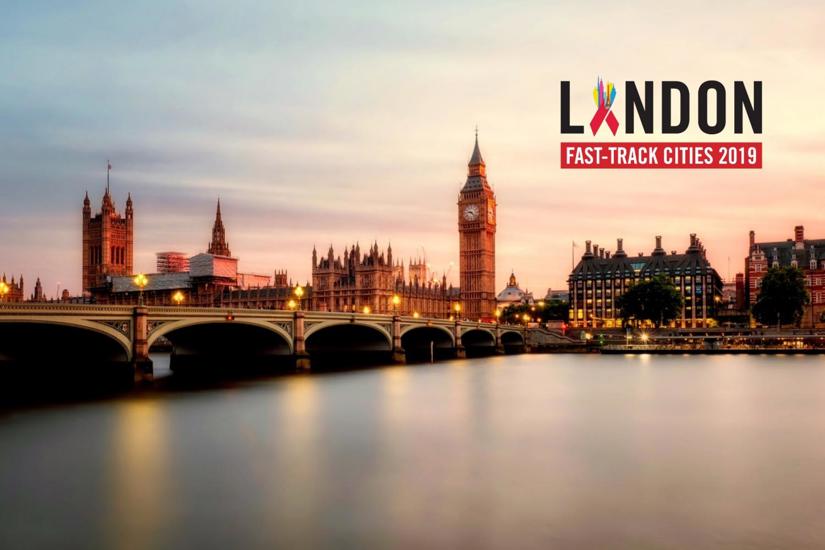Our José Mejía, HIV Peer Support Manager, reflects on some of the takeaways for us all from today's conference:
Globally
- Learning from Fast Track City initiatives shows that decriminalisation of drug use can help reduce HIV transmission.
- That there is a need for more harm reduction initiatives to achieve global targets, with more work around decriminalisation, sex work, drug use, and poverty.
- That there is clear evidence that tailored peer support works in reaching and engaging diverse communities worldwide.
- The common social drivers of HIV transmission around the world include poverty, homelessness and lack of appropriate sex education.
- There is need globally for political leadership that is willing and has the capacity to utilise data, and from the analysis of that data, engage with those communities most affected.
- The need for more work with 'marginalised' communities such as migrants, prisoners, sex workers, and drug users.
- The need for more programmes that address HIV related stigma.
- The need for more combined work that addresses HIV, Tuberculosis and hepatitis together.
Locally
- The need to make PrEP available for all.
- How the continued struggle with late diagnose in London relates to poor health outcomes in the long term. We have seen a welcome reduction from last year's figures, but still this is too high.
- The importance of the voluntary sector in achieving the targets we've achieved so far and to continue to achieve. Combined with a well resourced and less stretch sexual health/HIV sector.
- The importance of an austerity plan, to address some of the social drivers of HIV transmission.
